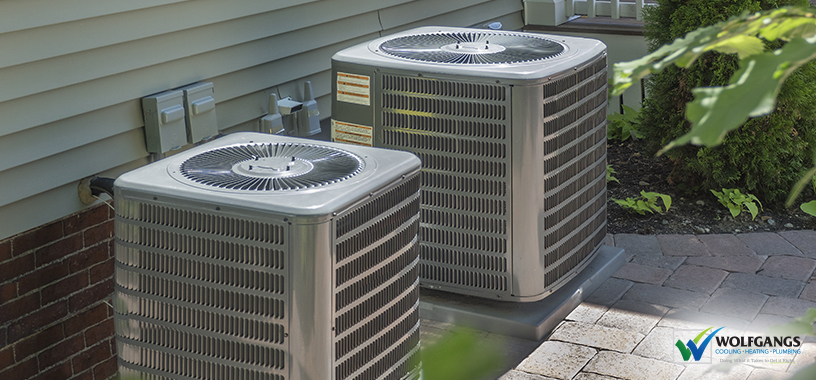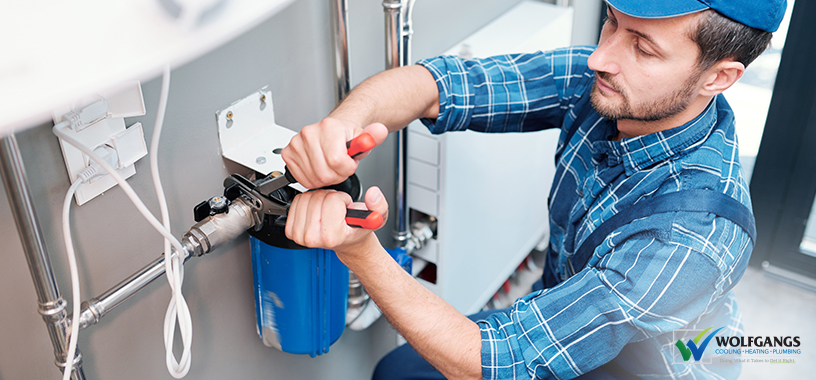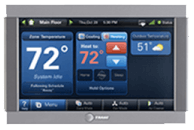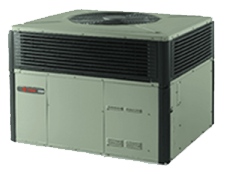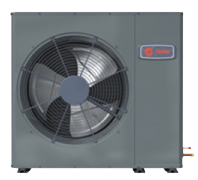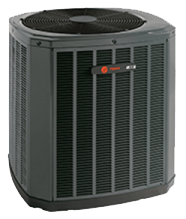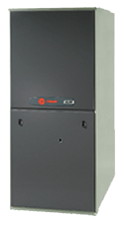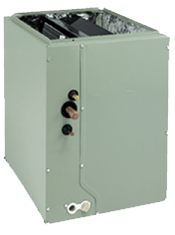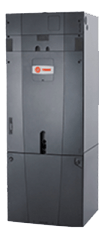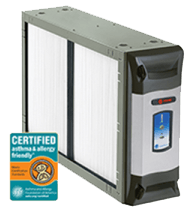Avoid Costly Repairs This Fall With These 5 Simple Plumbing Checks
As the scorching Arizona summer slowly fades into a more pleasant fall season, it's essential for homeowners to shift their focus towards preparing their homes for the changing weather. While many individuals concentrate on outdoor maintenance tasks, such as landscaping and pool care, it's equally important not to overlook the plumbing system. By conducting aCONTINUE READING »
Read More



